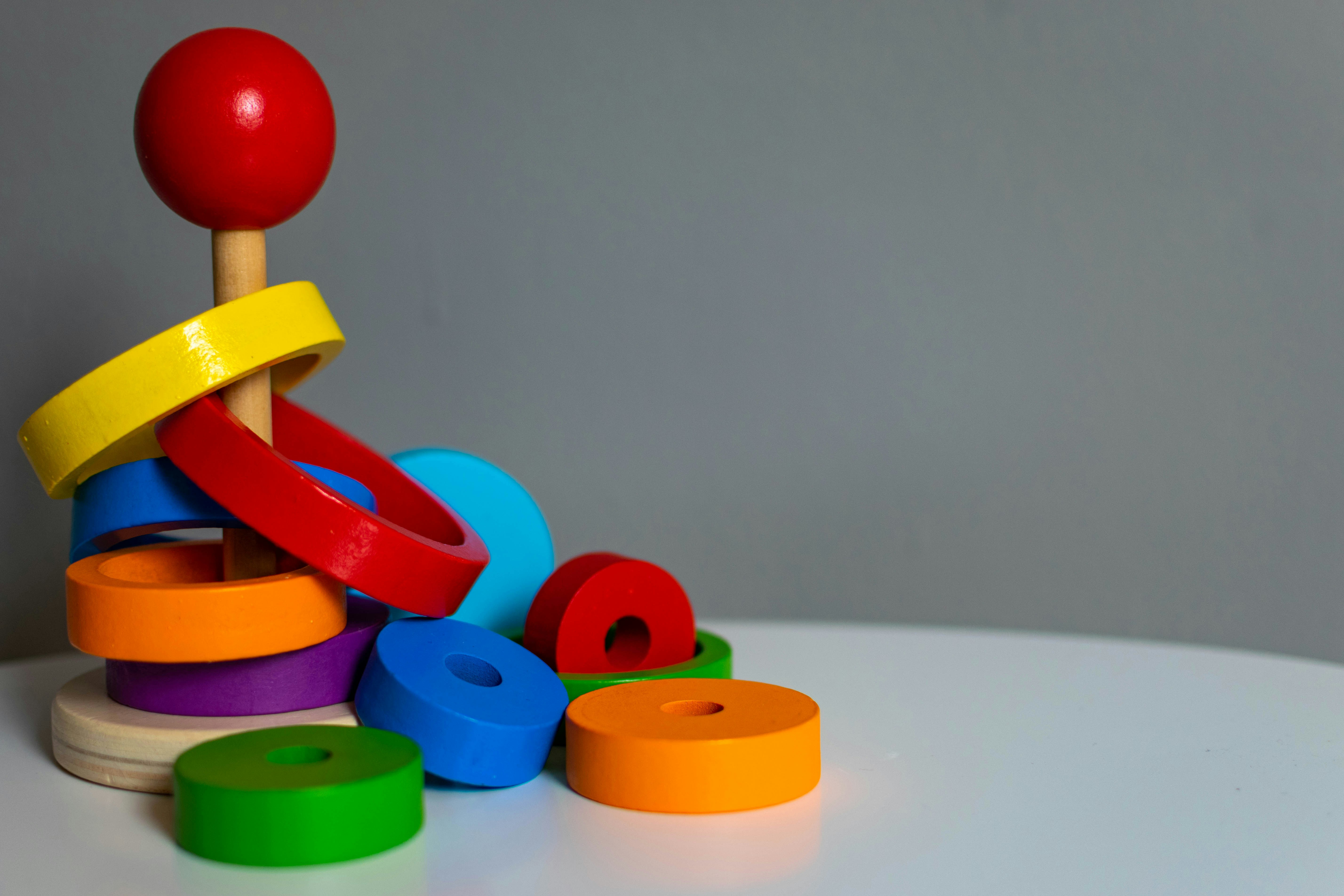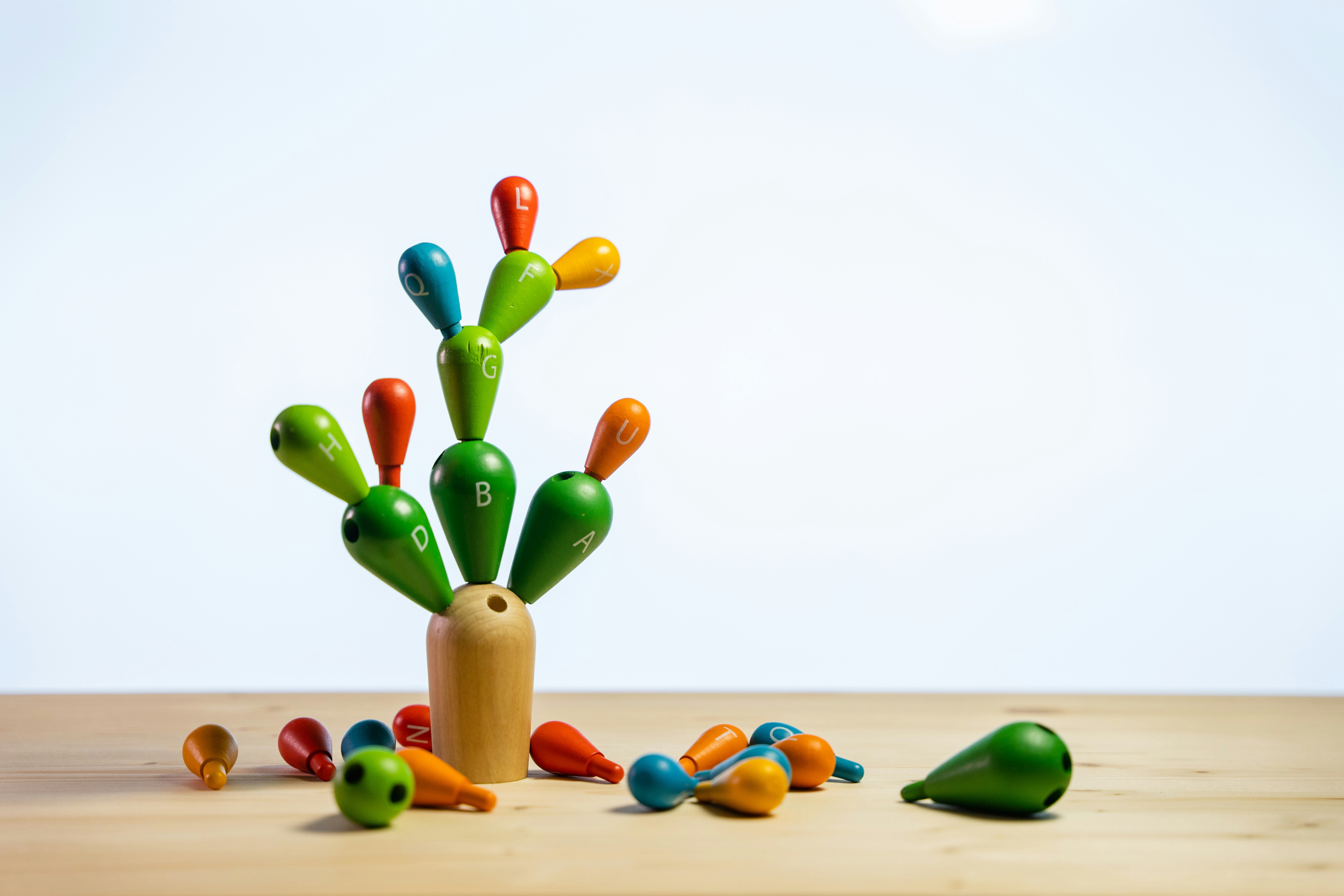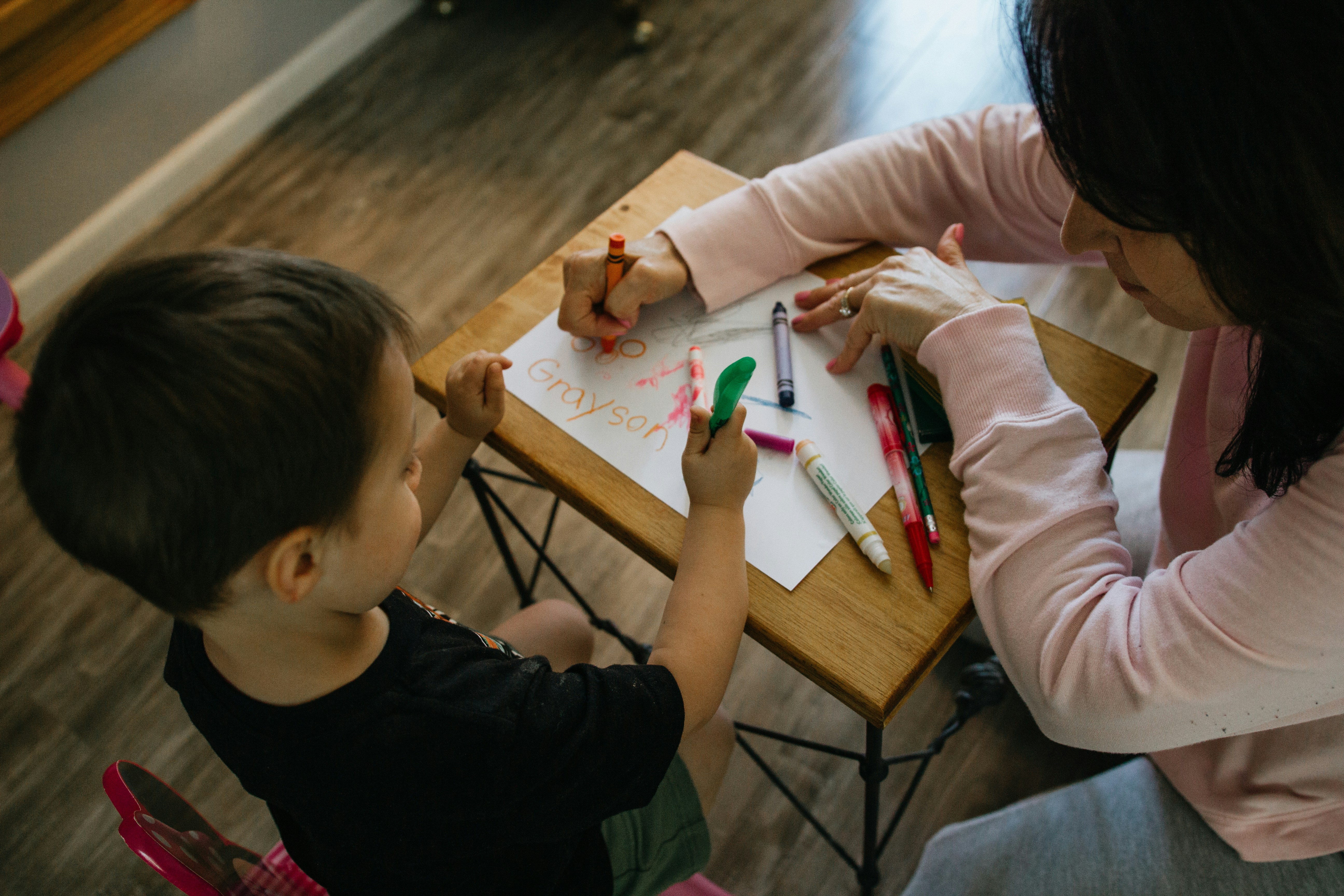Understanding Different Educational Approaches: Montessori, Play-Based, and Traditional
Early childhood education offers several distinct approaches to learning, each with unique philosophies and methods that can significantly impact a child's development and learning journey[1][2].
Key Educational Approaches
Montessori Method

The Montessori approach provides a structured, individualized learning environment where children work at their own pace with specially designed materials[4]. Teachers act as guides rather than instructors, allowing children to lead their learning journey while providing support when needed[6]. Children engage in uninterrupted work periods, typically lasting up to three hours, which helps develop focus and critical thinking skills[8].
Play-Based Learning
 This approach incorporates play as the central component of the learning process, recognizing that children learn best through active engagement and exploration[3]. Teachers support learning by asking open-ended questions and creating dynamic environments where children can experiment, discover, and develop problem-solving skills[11]. Play-based learning particularly excels at developing social skills and fostering creativity through imaginative play[12].
This approach incorporates play as the central component of the learning process, recognizing that children learn best through active engagement and exploration[3]. Teachers support learning by asking open-ended questions and creating dynamic environments where children can experiment, discover, and develop problem-solving skills[11]. Play-based learning particularly excels at developing social skills and fostering creativity through imaginative play[12].
Traditional Kindergarten
 Traditional kindergarten follows a more structured approach with teacher-led instruction and predetermined schedules[2]. The teacher serves as the center of attention, deciding what, how, and when students learn specific topics or skills[2]. Children typically learn at a uniform pace, with standardized expectations for progress[2].
Traditional kindergarten follows a more structured approach with teacher-led instruction and predetermined schedules[2]. The teacher serves as the center of attention, deciding what, how, and when students learn specific topics or skills[2]. Children typically learn at a uniform pace, with standardized expectations for progress[2].
Learning Environment Comparison
Classroom Setup
- Montessori: Carefully prepared environments with accessible materials that meet developmental needs[8]
- Play-Based: Dynamic spaces with various activity stations and materials for creative exploration[3]
- Traditional: Teacher-focused classroom arrangement with structured learning areas[2]
Teaching Methods
- Montessori: Hands-on learning with specialized materials and individual instruction[4]
- Play-Based: Child-initiated activities with teacher support and guidance[3]
- Traditional: Structured lessons with whole-class instruction and predetermined activities[2]
Academic Development
The Montessori method emphasizes comprehensive skill development through practical life activities, sensory experiences, language, mathematics, and cultural studies[1]. Play-based learning focuses on developing social skills, creativity, and problem-solving abilities through natural exploration[3]. Traditional kindergarten follows a standardized curriculum with specific academic goals and timelines[2].
Choosing the Right Approach
Each method has its merits, and the best choice depends on your child's individual needs, learning style, and personality[12]. Consider factors such as:
- Your child's independence level
- Learning pace preferences
- Need for structure versus flexibility
- Social interaction style
- Individual interests and strengths
The most effective approach is one that aligns with your child's natural learning style while providing appropriate support for their development[9].